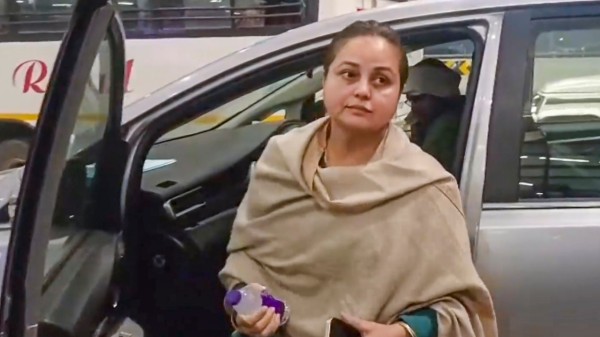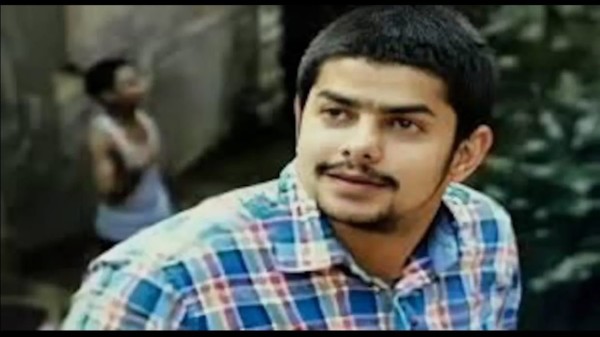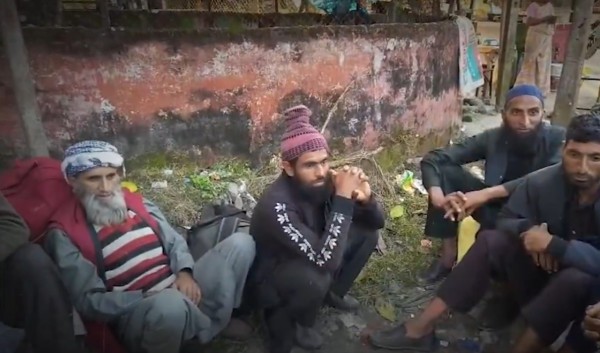

By signing in or creating an account, you agree with Associated Broadcasting Company's Terms & Conditions and Privacy Policy.


By signing in or creating an account, you agree with Associated Broadcasting Company's Terms & Conditions and Privacy Policy.
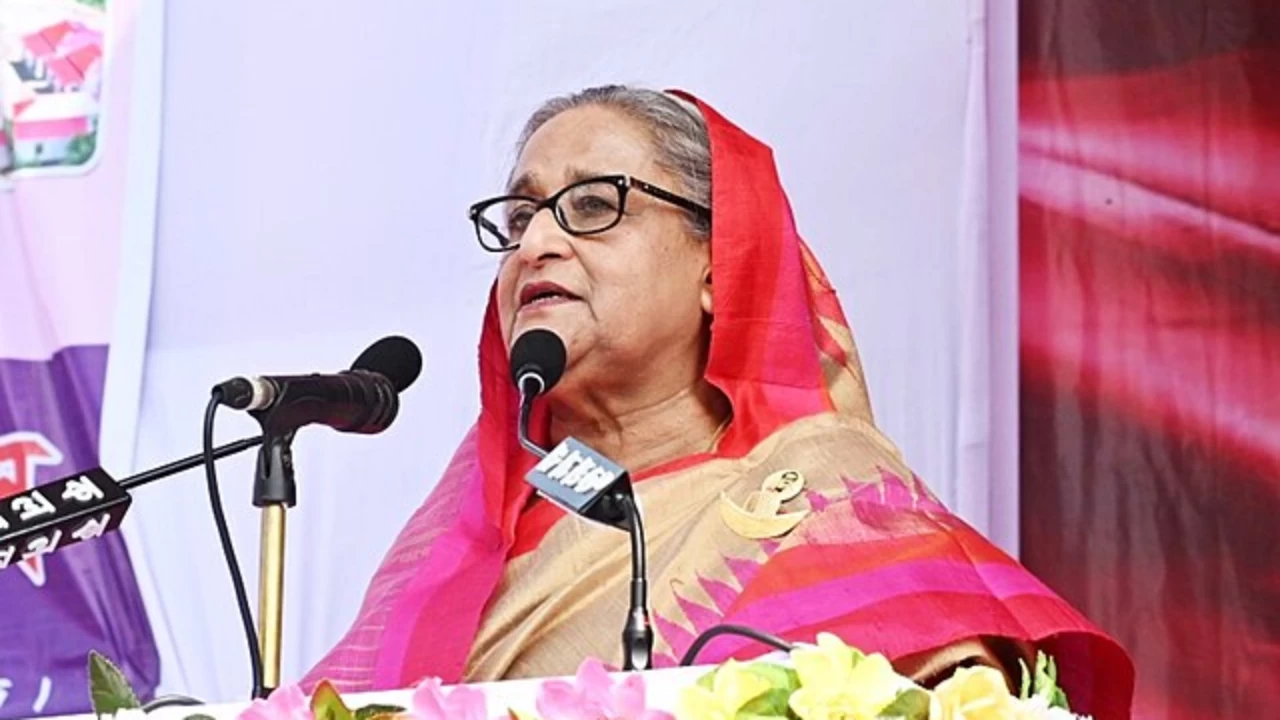
New Delhi: Hours after a controversial verdict by the Bangladesh Tribunal sentencing former Prime Minister Sheikh Hasina to death, the Bangladesh government has formally demanded her extradition from India. Hasina has been living in exile in India since her government was ousted during violent protests in August 2024.
The International Crimes Tribunal (ICT) convicted Hasina and her former minister, Asaduzzaman Khan Kamal. The court charged them with aiding and abetting a "heinous massacre," alongside incitement of violence, issuing orders to kill, and inaction during the July protests that turned violent. Hasina was found guilty on three out of five charges.
India's alleged shelter of Hasina as 'unfriendly'
Bangladesh's Ministry of Foreign Affairs issued a strongly worded press release in Bengali, labelling India's alleged shelter of Hasina as "unfriendly and a violation of the extradition treaty."
The ministry stated that granting asylum to individuals convicted of crimes against humanity would be considered an "extremely unfriendly act and a disregard for justice." The statement explicitly demanded the Government of India's "immediate extradition" of Hasina and Kamal, asserting it as a "mandatory duty under the existing extradition treaty between the two countries."
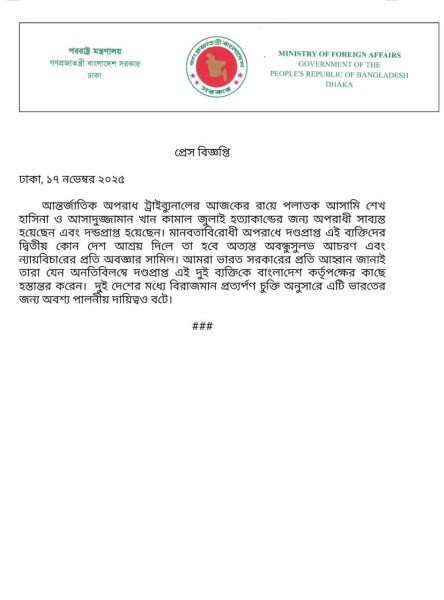
"In today's verdict by the International Crimes Tribunal, the fugitive convicts Sheikh Hasina and Asaduzzaman Khan Kamal Jolai have been convicted and sentenced to death for aiding and abetting the heinous massacre. Granting asylum by any country to these individuals, who have been convicted of crimes against humanity, will be considered an extremely unfriendly act and a disregard for justice," the Ministry of Foreign Affairs said.
Verdict 'biased and politically motivated'
Responding to the death sentence, Sheikh Hasina, in her first public statement from India, denounced the verdict as "biased and politically motivated." She characterised the trial as a "farce" and vehemently denied all charges.
In a five-page statement, Hasina asserted that the death penalty was an attempt by the interim government to "nullify (her party), the Awami League, as a political force." She expressed her willingness to face accusers in a "proper tribunal where the evidence can be weighed and tested fairly". She asked the interim government to bring the charges before the International Criminal Court in The Hague. “I am not afraid to face my accusers in a proper tribunal where the evidence can be weighed and tested fairly,” she said
Hasina, who is currently in exile in India, assured her supporters that she would continue her political fight. She also took the opportunity to express pride in her government's record on human rights and development.
The historic verdict by the ICT on Monday has sent shockwaves through the region, intensifying the political standoff between Bangladesh's interim government and the exiled former Prime Minister. The extradition demand is expected to place significant diplomatic pressure on India, raising complex legal and political questions regarding the extradition treaty and the treatment of political exiles.
Meanwhile, the Indian government responded, saying it noted the verdict and it will engage constructively with all stakeholders, considering peace, democracy and stability in the neighbouring country.
The Ministry of External Affairs (MEA) said India remains committed to the best interests of the people. "India has noted the verdict announced by the 'International Crimes Tribunal of Bangladesh' concerning former prime minister Sheikh Hasina," the MEA said.
"As a close neighbour, India remains committed to the best interests of the people of Bangladesh, including in peace, democracy, inclusion and stability in that country," it said.
"We will always engage constructively with all stakeholders to that end," the MEA added.

